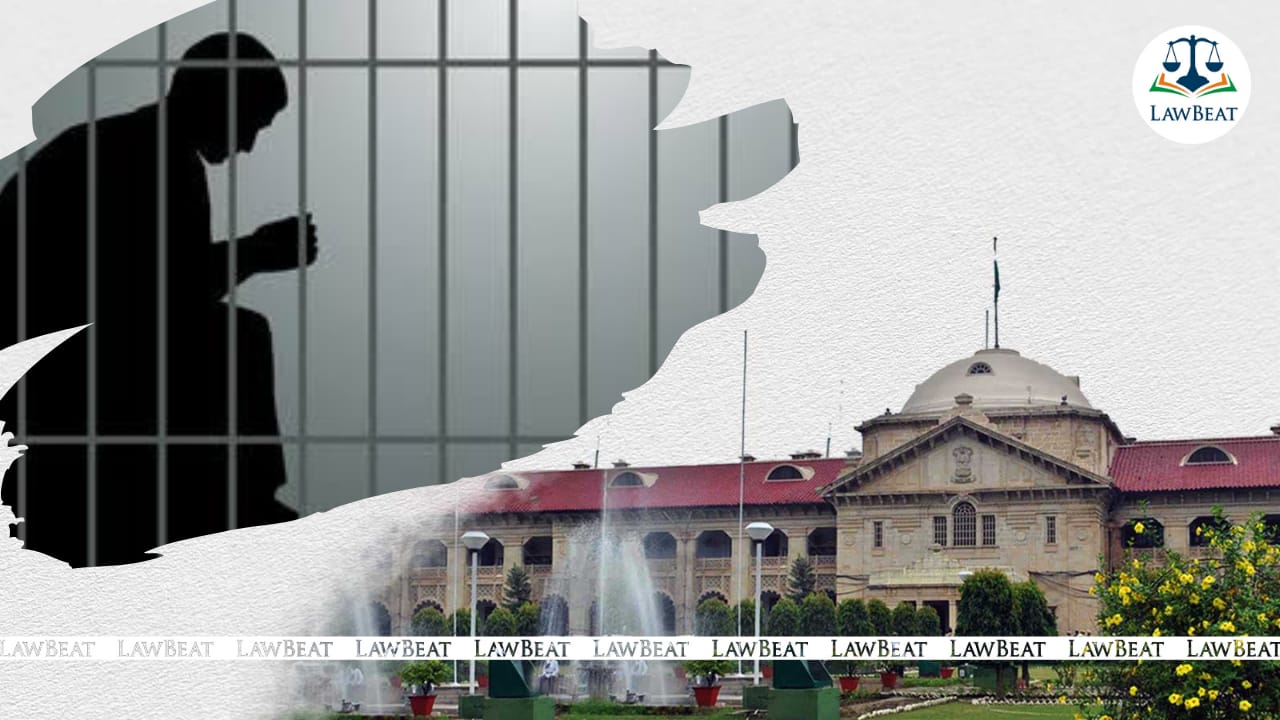'Not every arrest and detention amounts to custodial torture': Allahabad HC

Courts should also stand guard against all false, motivated, and frivolous claims in the interest of society and to enable the police to discharge their duties fearlessly and effectively, the division bench said
In a recent order, the Allahabad High Court dismissed a petition alleging custodial torture by police officials, emphasizing the need to guard against frivolous claims that could undermine law enforcement.
The writ petition, filed by one Shah Faisal, involved accusations that police officers from the Maharajganj district had illegally detained and tortured him for failing to pay a bribe. Faisal, a shop owner, asserted that officers demanded Rs 50,000 from his father, threatening to implicate him in a fabricated criminal case if the payment wasn’t made. When he could not comply, Faisal alleged, he was unlawfully detained and physically assaulted in police custody.
Despite Faisal’s claims, the high court found no incontrovertible evidence of custodial torture.
Faisal claimed that he had reported his injuries and sought medical attention following his release. However, his requests for registering a First Information Report (FIR) against the involved officers were denied by local police, prompting him to escalate the issue to the Superintendent of Police and file a complaint on the IGRS (Integrated Grievance Redressal System) Portal. The complaint led to an internal inquiry by the police, which concluded without disciplinary action against the officers in question, as no substantial evidence was found supporting the allegations.
The respondent officers countered that Faisal’s detention was lawful, resulting from an earlier incident in which he allegedly attacked a local resident, Rishikesh Bharti, with an iron rod, causing injuries. A complaint from Bharti's family, specifically alleging assault, was lodged prior to Faisal’s detention, and police records indicated that Faisal was released shortly after a brief questioning session. A copy of a release order, signed by Faisal’s father, corroborating that he was released within hours was also placed before the court.
The high court referred to precedents from the Supreme Court, noting that public law remedies, including compensation for custodial abuse, apply only where evidence is clear, compelling, and substantiates a serious rights violation.
It underscored the importance of balancing individual rights against the effective enforcement of law and societal interests. "Not every arrest and detention amounts to custodial torture," the court remarked, asserting that frivolous claims of rights violations could impede law enforcement and set a dangerous precedent.
Furthermore, court referenced earlier cases, reiterating that in the absence of supporting medical reports or irrefutable evidence, petitions alleging custodial torture cannot be entertained. It also cited the need for a realistic balance between protecting individual rights and ensuring law enforcement officials can perform their duties without fear of unwarranted legal repercussions.
The bench of Justice Mahesh Chandra Tripathi and Justice Prashant Kumar stressed the necessity for courts to examine whether claims are substantiated by concrete evidence before granting relief under public law.
Resultantly, in absence of any incontrovertible evidence about custodial torture of the petitioner, court held that the instant matter did not fall in such category, wherein it might accord any compensation or any other relief to the petitioner. Accordingly, court dismissed the petition.
Case Title: Shah Faisal Vs. State Of U.P. And 4 Others
